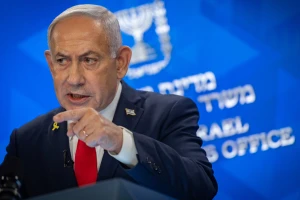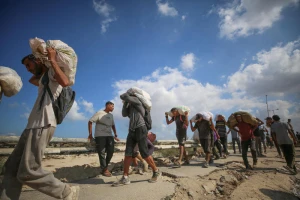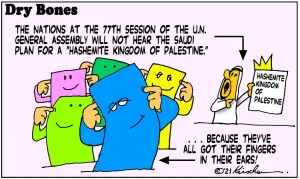UN Gaza hunger report undermined by authors’ record of anti-Israel bias
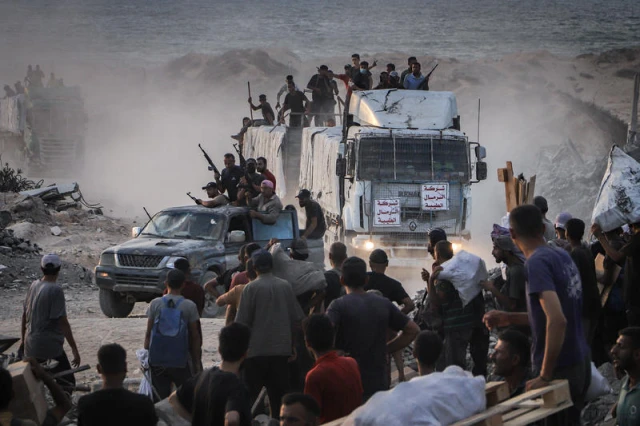
According to a Kan 11 News report, an analysis by online intelligence researchers (OSINT) has raised serious questions about the impartiality of the authors behind the recent UN-affiliated IPC document that claimed famine in Gaza.
While the report received wide international attention, critics argue that the researchers involved have a record of framing the conflict in ways closely aligned with Hamas’ narrative, having a well-documented history of portraying Israel’s conduct as criminal or genocidal, long before the Integrated Food Security Phase Classification (IPC) declared famine in Gaza.
The evidence suggests that the Gaza hunger report may not be a purely technical or neutral assessment. One of its co-authors, Dr. Zeina Jamaluddine of the London School of Hygiene and Tropical Medicine, has consistently described Israel’s military actions in highly negative terms.
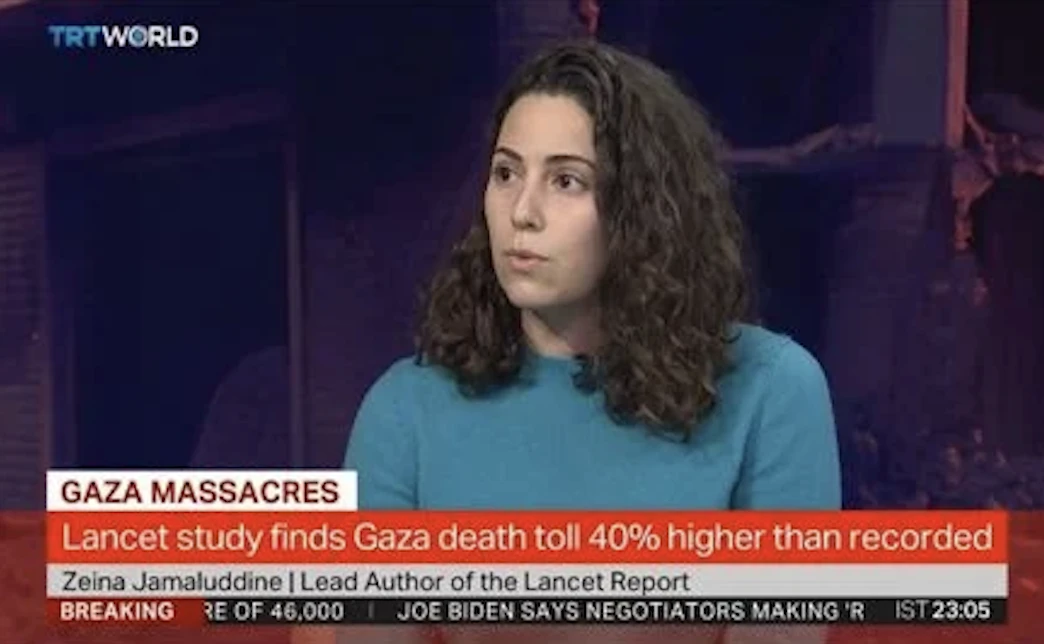
Jamaluddine shared a tweet in 2024 that characterized Israel’s fight against Hezbollah as terrorism.
First we have Zeina Jamaluddine, who believes that Israeli operations against Hezbollah are tantamount to terrorism pic.twitter.com/WId7UWcyFw
— Eitan Fischberger (@EFischberger) January 10, 2025
She published mortality reports based on figures released by the Hamas-run Health Ministry in Gaza, and repeatedly referred to conditions in the Strip as famine-like long before the IPC officially adopted such terminology.
According to the KAN report, as early as December 2023, she was already asserting that hundreds of thousands of Gazans were living under catastrophic food insecurity.
In early 2024, Jamaluddine warned of unprecedented nutritional collapse in the region. Only days after the Oct. 7 massacre, she urged urgent international action to stop Israel’s offensive and end the siege, endorsing Palestinian academics who accused Israel of genocide and called for immediate “decolonization.”
Co-author Prof. Andrew Seal of University College London, is also known for his longstanding anti-Israel political positions. According to the KAN report, he has labeled Israel an apartheid state and amplified reports favorable to Palestinian militant groups in now-deleted tweets from 2019-2021.
Just two days after Israel’s ground operation began in Gaza, he publicly accused Israel of genocide.
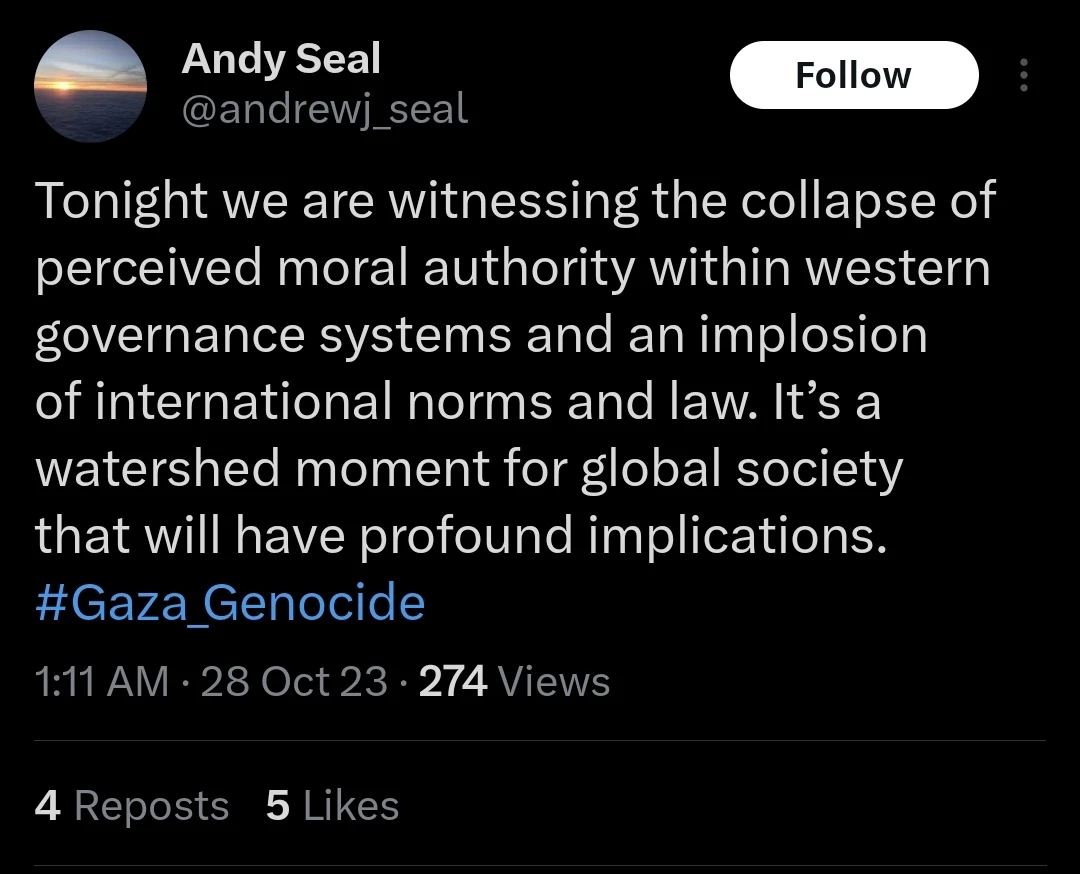
Over the past two years, he has also expressed sympathy for the Houthi movement, portraying their attacks on international shipping as legitimate enforcement of international law intended to prevent genocide in Gaza, according to the KAN report.
When confronted with statements from senior Hamas officials promising more violence, Seal implied that their actions were no worse than those of the Israeli government – remarks that critics say trivialize or excuse Hamas’ crimes.
EXPOSED: Andrew J. Seal, co-author of @theIPCinfo report claiming famine in Gaza, turns out to be a viciously anti-Western, anti-Israel & pro-IRGC, pro-Hamas, pro-Houthis nutcase. See below -- he literally spreads Iranian regime propaganda. 🧵 https://t.co/KBKNBmjlML
— UN Watch (@UNWatch) August 24, 2025
These records cast serious doubt on the neutrality of the UN Gaza hunger report. While the humanitarian situation in Gaza is undeniably grave, the report reflects a narrative shaped around Hamas’ interests, resembling the practice of spreading staged or misleading images. It paints the crisis as even worse than it is and lays exclusive blame on Israel, while omitting critical realities on the ground: that the aid entering the Strip – intended to be received free of charge by Gazan civilians – is routinely seized by Hamas and resold to the population at inflated prices.
Aid that Hamas cannot seize is often deliberately blocked from distribution, frequently through armed interference. These disruptions are then blamed on Israel, while the food spoils in storage instead of reaching those in need. The report also fails to note that in areas where U.S. Gaza Humanitarian Foundation (GHF) personnel manage distribution, aid reaches residents directly and free of charge – an approach resented by the United Nations, which views the GHF as aligned with Israel and as a challenge to its role in the Strip.
In this light, the omissions and the framing of the IPC document suggest that it reflects political advocacy rather than an impartial humanitarian assessment.
[Editor's note: Many problematic tweets by Andrew Seal have been deleted, as well as Zeina Jamaluddine's entire X account.]
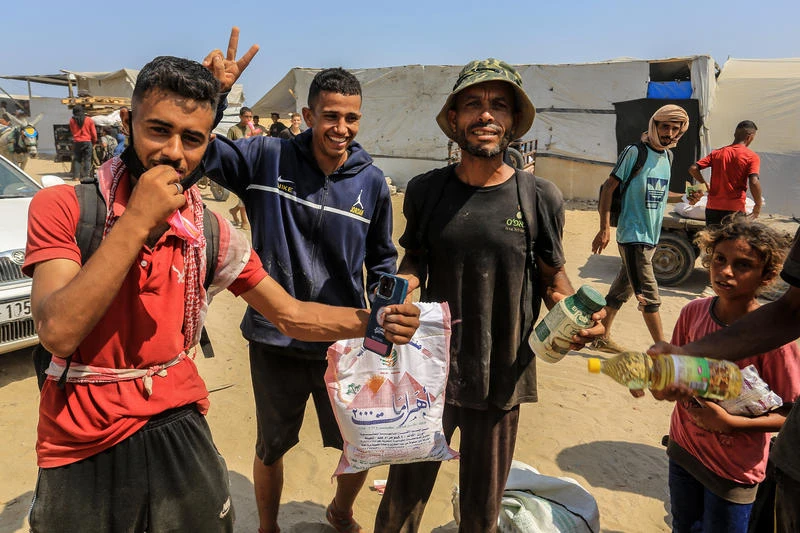
Is All Israel News’ faithful reporting important to you? Be part of it—help us continue by becoming a $5/month supporting partner.

The All Israel News Staff is a team of journalists in Israel.
You might also like to read this:


